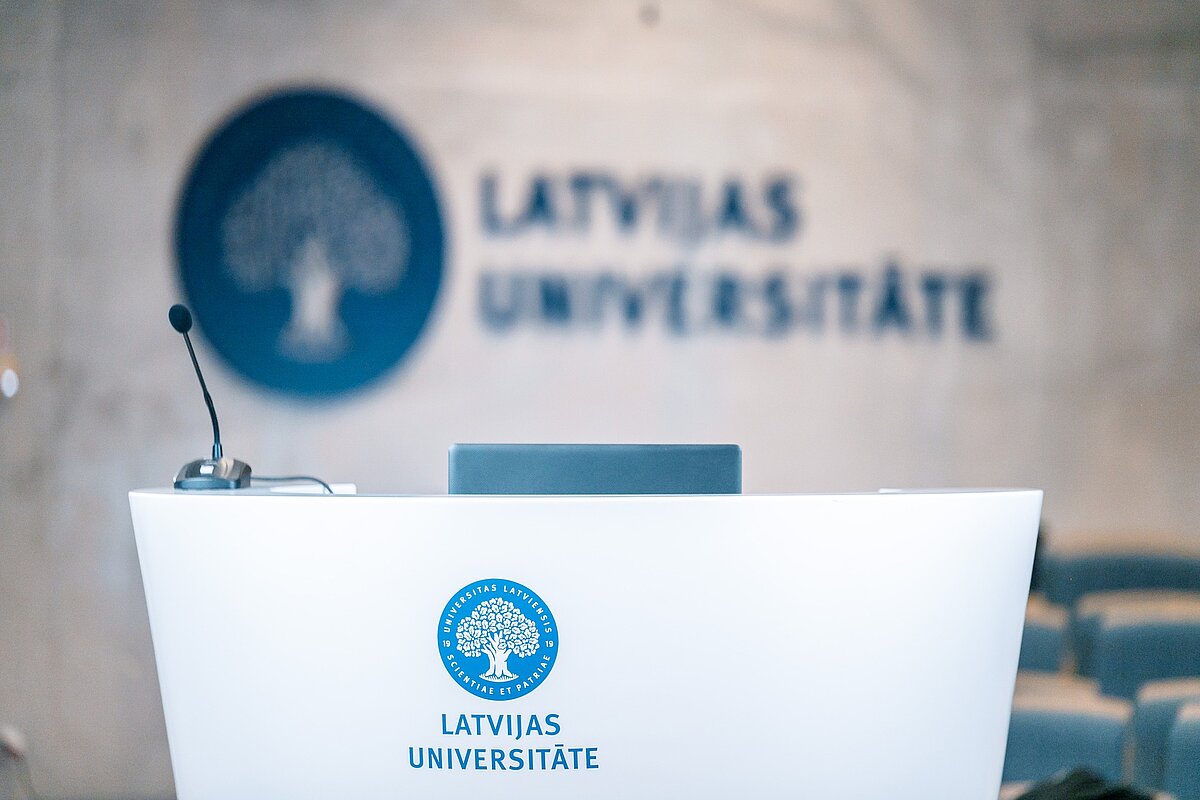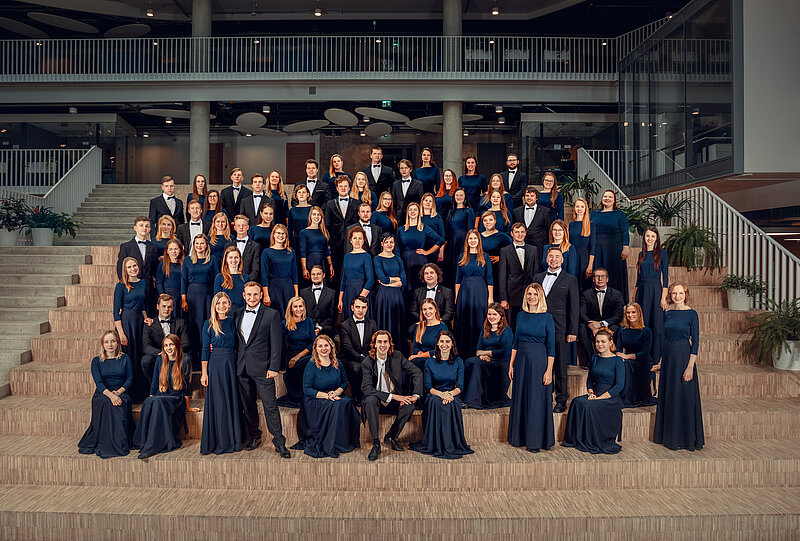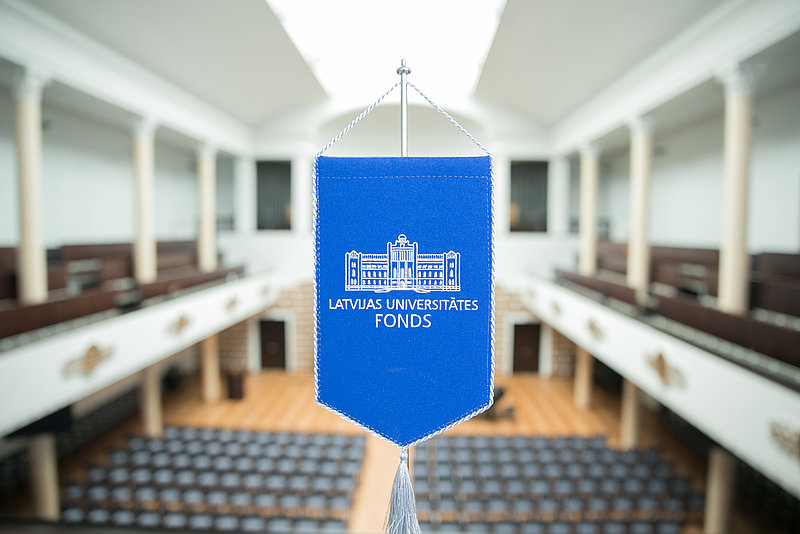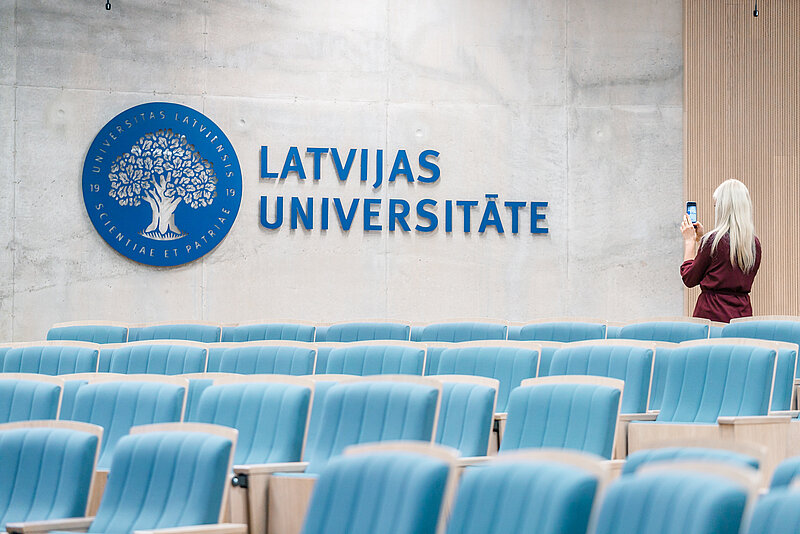Ziņa

Dr. Zigmund Orlowski as part of the "Mikrotīkls" project run by the University of Latvia (UL) Foundation examines the impact of soil fungus on the interchange of inter-plant signals crucial in plant immunity and disease resistance.
Most plants have a mutually beneficial symbiotic relationship (called mycorrhizae) with soil-dwelling fungi. It also covers a variety of commercially significant commodities including grains and trees. Mycorrhizal fungi may build biological connections between individual plants, resulting in an underground network of linked plant root systems. A network like this acts as an information exchange infrastructure between plants, similar to the optical cable of the Internet in data transfer and might operate as an "underground biological Internet." True, the molecular processes underlying the generation of these inter-plant signals and their impact on host plants have received little attention in the scientific community.
The project's goal is to see if mycorrhizal fungi alter and facilitate the transmission of danger signals to host plants, hence improving plant health and defenses against diverse invaders. Plants undertake a variety of diverse protective reactions when they encounter invaders - insects, disease-causing microbes - and manufacture specific chemical compounds that "prepare" plants for future attacks or even "warn" adjacent plants about surrounding risks. We wanted to test the hypothesis that the mycorrhizal fungal network could also be involved in the exchange of similar signals between plants, triggering the timely activation of defense responses, because we previously discovered that a mycorrhizal plant produces a mobile subterranean signal that serves as a warning and activates a broad-spectrum defense against microorganisms.
As part of the project, we work with laboratory model organisms such as carrot root cultures and alfalfa plants, and we obtained a widely used mycorrhizal fungus (Rhizophagus irregularis) from our collaboration partner Dr. Soon-Jae Lee at the University of Lausanne. We have found the first evidence of altered plant immune responses in plants with mycorrhizae as well as in nearby plants linked by fungi.
We want to present early study findings at the International Symposium on Molecular Plant-Microbe Interactions (IS-MPMI) in Rhode Island, USA, in the summer of 2023. In the future, we intend to focus on studies of the signal exchange of tree species used in forestry in collaboration with the Latvian Biomedical Research and Study Center and the Latvian State Forestry Institute "Silava," as well as developing other opportunities for collaboration in Latvia and internationally.
Zigmund Orlowski expresses gratitude to SIA "Mikrotīkls" for financial assistance in the UL Foundation-managed project.
Since 2004, the University of Latvia Foundation has allowed patrons and cooperation partners to participate in Latvia's future by supporting both the University of Latvia and other renowned Latvian universities. The UL Foundation's aims are to assist the brightest students and researchers, as well as the projects and researches they lead, to encourage the establishment of a contemporary learning environment, and to assure the construction and renovation of university structures.

 CONFERENCE
CONFERENCE



